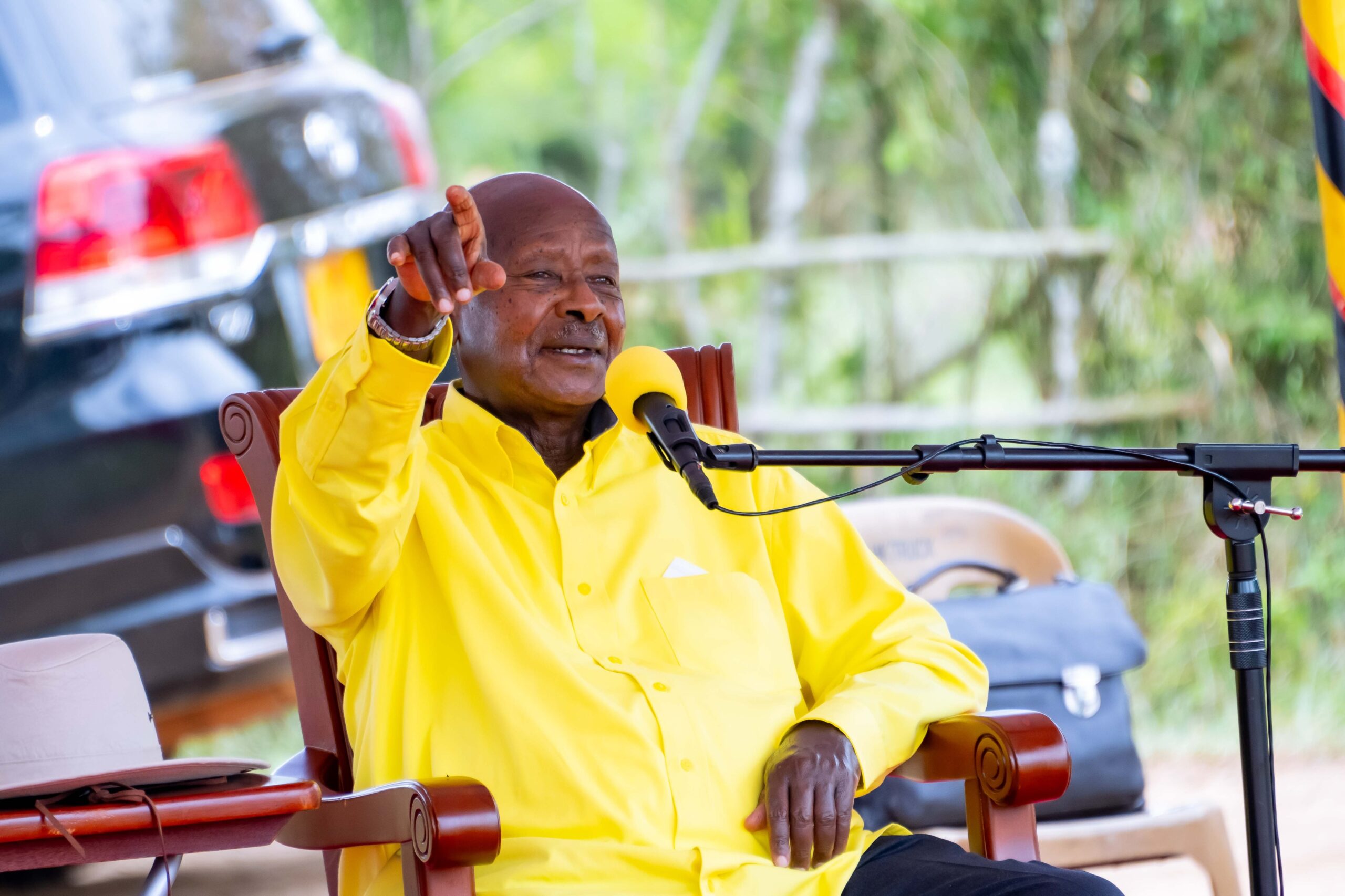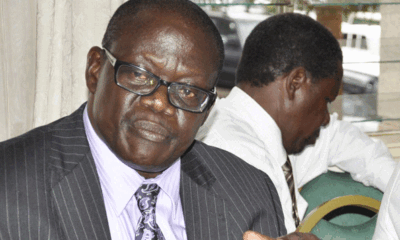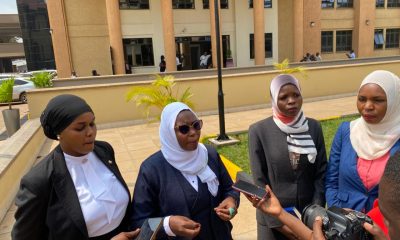Law
Constitutional Court Upholds Museveni’s Authority in NRM Appointments
The Constitutional Court has, in a four-to-one majority decision, dismissed a petition challenging the power of National Resistance Movement (NRM) Chairman and President, Yoweri Kaguta Museveni, to appoint the party’s Secretary General, Treasurer, and their deputies. The ruling affirms the legality of controversial 2014 amendments to the NRM constitution that shifted these key party positions from electoral to appointive.
The petition was filed by Hamzah Kagimu, an NRM member, who argued that the constitutional changes contravened provisions of both the NRM’s own constitution and the Political Parties and Organizations Act. The amendments were widely seen as a strategic move to neutralize then-Secretary General Patrick Amama Mbabazi, who had reportedly expressed intentions to challenge President Museveni for the party’s leadership. Following the changes, Justine Kasule Lumumba was appointed to succeed Mbabazi.
In the majority judgment penned by Justice Moses Kazibwe Kawumi, and concurred with by Justices Hellen Obura, Dr. Asa Mugenyi, and Eva Luswata, the court held that the NRM was within its rights to amend its constitution for the “better management of the party.”
Justice Kawumi’s decision emphasized the administrative nature of the roles in question. “It can be discerned from the respective offices that the four members hold at the Secretariat that their appointment to sit on the three organs is to enable them to fulfill their mandate which is largely administrative and not political,” he wrote. The judgment further clarified that the appointment of these four office bearers to the National Conference, National Executive Council, and the Central Executive Committee should be interpreted as an “internal organisation for the efficient coordination of activities of the second respondent.” The court also noted that granting them full rights as elected members would breach Article 71(d) of the Constitution.
The majority also found fault with Kagimu’s approach in suing President Museveni in his capacity as NRM chairman, citing legal prohibitions against civil and criminal proceedings against a sitting President. Furthermore, the court ruled that the Attorney General could not be held responsible for the actions of the NRM party.
However, Justice Fredrick Egonda-Ntende issued a strong dissenting opinion, arguing that the NRM constitutional amendments were indeed inconsistent with the national constitution and therefore null and void. Justice Egonda-Ntende challenged the majority’s assertion that the appointed officials being “ex-officio” members mitigated the lack of a popular mandate.
“Ex Officio, a latin phrase, simply means that one is the holder of a certain position by virtue of office, rather than elected or appointed in some other way. It does not in any way limit membership but it relates only to how one is appointed to that office,” Justice Egonda-Ntende stated. He added that there was no limitation imposed on their rights as members of such organs in the NRM constitution other than being non-voting members. Consequently, he ruled that sections of the NRM constitution allowing for their appointment were inconsistent with the Constitution of Uganda.
Justice Egonda-Ntende concluded by stressing the supremacy of the national constitution: “The constitution of a political organisation or political party is not law. It is a pact or agreement by which the members of that political party or organisation agree to be bound by in the conduct of their party’s affairs. That constitution cannot override the Constitution of the country simply because it is convenient to the running of the affairs of such an organisation or party. Fidelity to the dictates of the Constitution, particularly Article 2, cannot permit the path adopted by the respondent no.2, and complained of in this petition.”
The ruling solidifies President Museveni’s control over key administrative positions within the NRM, a move that has been central to the party’s internal power dynamics since 2014.
Comments



























